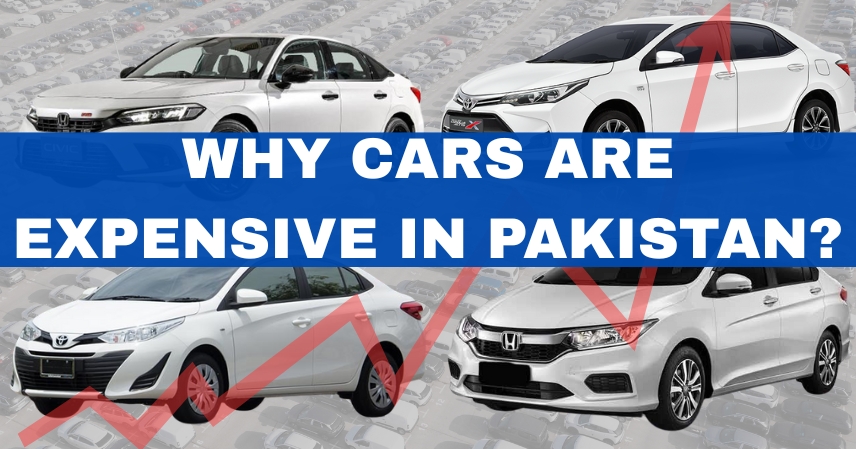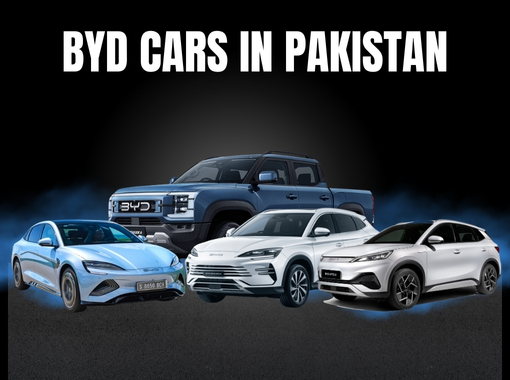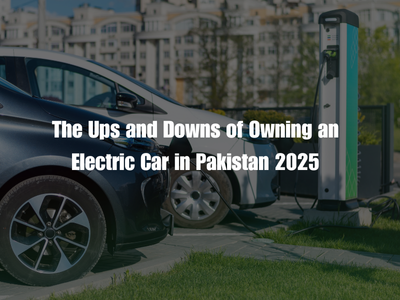
Buying a car in Pakistan is a big decision — not just because of the choices, but because of the price tag. Whether it’s a small hatchback or a mid-size sedan, car prices in Pakistan are significantly higher than in many other countries. But why? Let’s explore the key reasons behind the high cost of owning a car in Pakistan.
1. High Import Duties and Taxes
One of the biggest reasons cars are expensive in Pakistan is the heavy import duties and taxes. When a car is imported, multiple layers of taxation apply, including customs duty, regulatory duty, sales tax, and income tax. Depending on the car’s engine size and origin, these taxes can sometimes double the original cost of the vehicle. Even local assemblers have to pay duties on imported parts, which increases the overall cost.
2. Lack of Local Manufacturing
Pakistan’s automobile industry heavily relies on Completely Knocked Down (CKD) kits, meaning that vehicles are assembled locally using imported parts. Since many key components are not produced domestically, the cost of production remains high. Moreover, limited competition and fewer manufacturing plants reduce the chances of economies of scale, making cars costlier.
3. Currency Depreciation
The fluctuation of the Pakistani Rupee against the US Dollar plays a major role in car pricing. Since most parts (or even entire vehicles) are imported, even a slight drop in the rupee’s value directly increases the cost of production or import. Over the last few years, as the rupee has depreciated, car prices have consistently gone up.
4. Limited Competition
Although new entrants have arrived in the Pakistani auto market, the industry is still largely dominated by a few players. This lack of competition allows companies to set higher prices without much pressure to innovate or offer better value. With fewer affordable options, consumers are left with no choice but to accept higher prices.
5. High Freight and Logistics Costs
Global supply chain disruptions, rising fuel prices, and increased shipping costs have also impacted the local auto industry. Importing cars or their parts has become more expensive due to international freight charges and delays, all of which contribute to higher showroom prices.
Final Thoughts
Cars in Pakistan are expensive due to a combination of government policies, import dependency, currency challenges, and limited production capabilities. Until there is a shift toward local manufacturing, stable currency, and improved market competition, car prices are unlikely to see a significant drop.
For now, owning a car in Pakistan remains a luxury for many, rather than a necessity. Stay tuned to Garibaaz for the latest insights, updates, and honest takes on everything happening in the Pakistani auto world.


